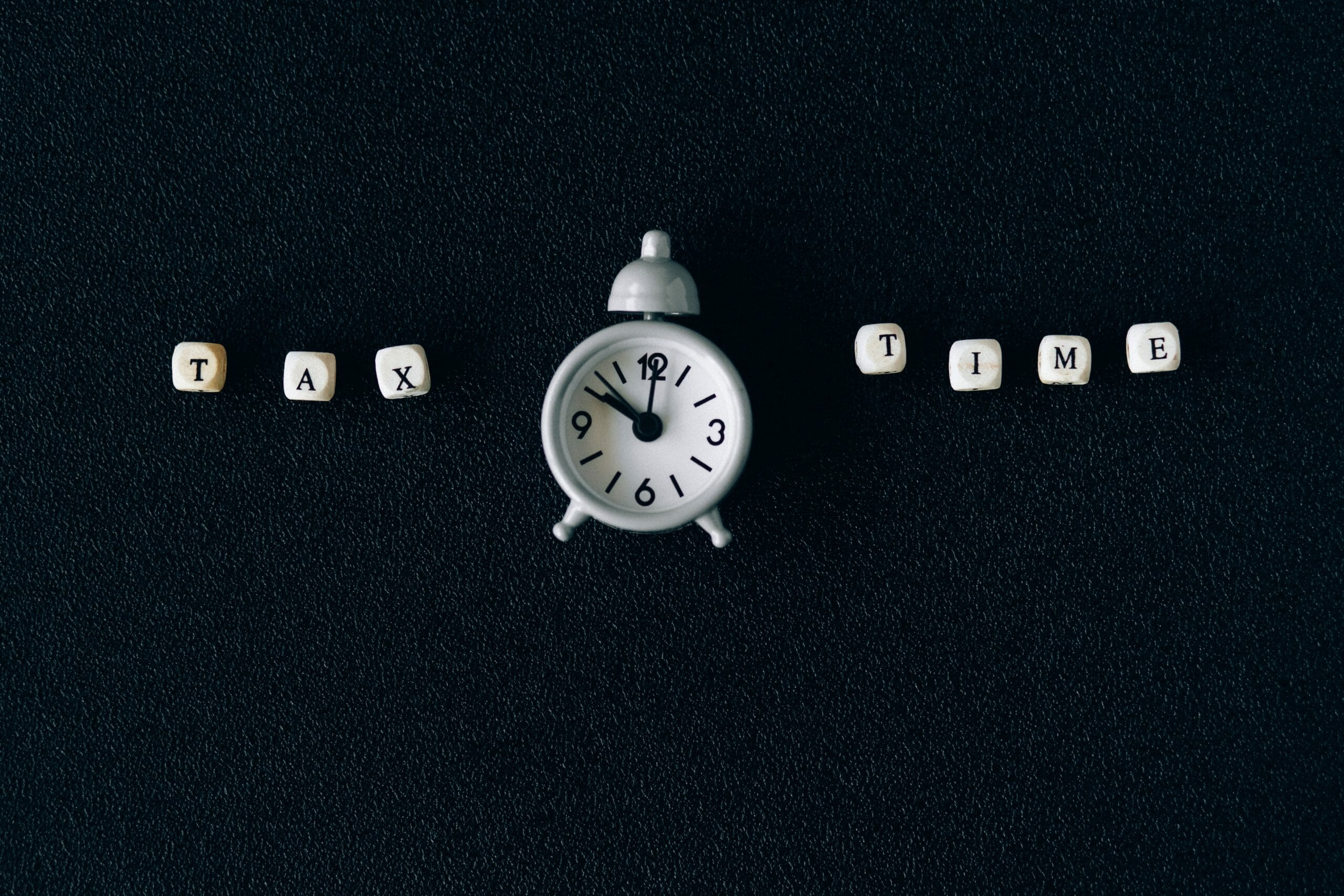Subscribe to Our Newsletter
Subscribe to our newsletter to stay updated on our news
Tax on Cryptocurrency: An Overview of the 2022/2023 Tax Rules
BILLY EDWARDS
Tax on Crypto Currency
Cryptocurrency has become a popular investment option in recent years, with the rise of Bitcoin and other digital currencies leading the way.
However, the tax implications of holding and trading cryptocurrency can be a minefield.
In the UK, cryptocurrency is subject to capital gains tax, and in some cases, income tax and value-added tax (VAT).
In this blog post, we will provide an overview of the current cryptocurrency tax rules in the UK for the 2022/2023 tax year.
Capital Gains Tax on Cryptocurrency
If Cryptocurrency is purchased with a view to sell for a higher value in the future, then it will be subject to capital gains tax.
Capital gains tax is a tax on the profit made from the sale of a capital asset, such as cryptocurrency.
In the UK, the amount of capital gains tax you pay is dependent on your income tax bracket. For the 2022/2023 tax year, the rates are as follows:
10% for basic rate taxpayers (income of up to £50,270)
20% for higher rate taxpayers (income of over £50,270)
If you made a profit from selling cryptocurrency in the 2022/2023 tax year, you will need to report it on your tax return and pay the relevant capital gains tax.
It’s important to note that capital gains tax is only payable on cryptocurrency that is held as an investment, and not as currency to be used to pay for goods or services.
Income Tax on Cryptocurrency
In some cases, cryptocurrency may be subject to income tax in the UK.
This typically occurs when you receive cryptocurrency as a form of payment for goods or services.
For example, if you receive Bitcoin as payment for consulting services, the value of the Bitcoin is considered taxable income.
If this is the case you will pay income tax on the income as if the services were paid for in sterling.
Please see our blog on income tax rates for the relevant tax rates.
Value-Added Tax (VAT) on Cryptocurrency
Value-added tax (VAT) is a tax on the value added to goods and services at each stage of production and distribution.
In the UK, VAT is applicable to cryptocurrency that is used as a means of payment for goods and services from a VAT registered business.
For example, if you purchase goods or services using Bitcoin, you will be subject to VAT on the transaction in the same way as if the goods or services were paid for in sterling.
Conclusion: Tax on Cryptocurrency
In conclusion, cryptocurrency is subject to capital gains tax, income tax, and VAT in the UK under varying circumstances.
The specific tax implications of holding and trading cryptocurrency will depend on your individual circumstances, such as your income tax bracket and the purpose for which you hold the cryptocurrency.
If you have any questions about the tax implications of holding and trading cryptocurrency in the UK please contact us.
Share this article
Related Articles

The Right Business Structure: Pros and Cons
The Right Business Structure for You Starting a business can be an exciting and challenging time. Choosing the right business structure is an important decision that can affect the success of your business. In this article, we’ll explore the most common business structures in the UK and help you understand the advantages and disadvantages of…

Do I Need to File a Tax Return If I Am Employed?
Do Employees Need to Complete a Tax Return? Most of the time you do not need to complete a self assessment tax return if you are employed and have no other sources of income. However, there are exceptions to this such as: That’s why we’ve put together this guide to help you understand everything you…

Value Added Tax (VAT) in the UK: An Overview of the Different VAT Rates
An Introduction to VAT in the UK Value Added Tax, or VAT, is a tax imposed on the sale of goods and services in the United Kingdom. Understanding the different VAT rates, exempt supplies, and the domestic reverse charge for VAT is essential for businesses owners to prevent fines and penalties from HMRC. The Standard…
Get In Touch
If you would like to discuss the services we offer or for a no obligation quote please contact us using the details on the right.
"*" indicates required fields
